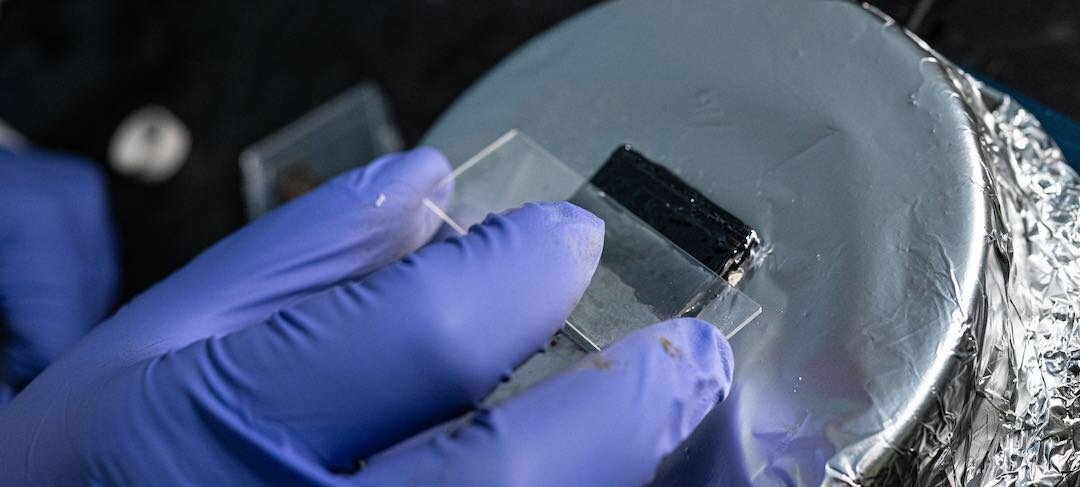Researchers Presented Self-Healing Anti-Corrosive Coating for Steel

Steel is a very resilient material in general, but when it comes to subjecting it to harsh environments like seawater, you need to apply an anti-corrosive coating or it will rust pretty quickly.
Researchers at the Rice University in Houston have tested a novel
insulating material made out of sulfur and selenium and found that it’s an excellent anti-corrosive coating solution for steel.
The compound is quite flexible, which is a crucial property for coatings. Those that aren’t flexible enough form tiny cracks during their application, resulting in an accelerated chipping rate.
Another valuable characteristic of this novel coating is that it’s not susceptible to microbe-induced corrosion. When it comes to seawater, salt isn’t the only enemy. Numerous organisms in it like to eat into organic coatings, exposing the steel to corrosive elements. Using inorganic coatings solves this problem while barring moisture and chlorine ions.
But all that doesn’t even constitute the best property of the selenium-sulfur coating. The most impressive finding was that it can self-heal. The scientists cut the coating, placed the pieces next to each other on a hotplate at 70 degrees Celsius (158 OF), and found that it could reform the external protective film in under two minutes. Larger pinhole damage can still heal, albeit at 15 minutes and double the amount of heat.
The scientists submerged a piece of soft steel coated with it into seawater for a month to test the material. Further, they added plankton and biofilms, which accelerate corrosion by up to 90 times compared to sterile environments. After 30 days had passed, the coating health appeared perfect, inhibition efficiency against bacteria was measured at 99.99%, and no signs of rust were anywhere to be found.
The team is currently tweaking the material to make it suitable for various types of steel and is looking into more potential applications. The first target sectors are the construction steel and electronics, which both face severe problems with corrosion.

 Tech Steel & Materials
Tech Steel & Materials